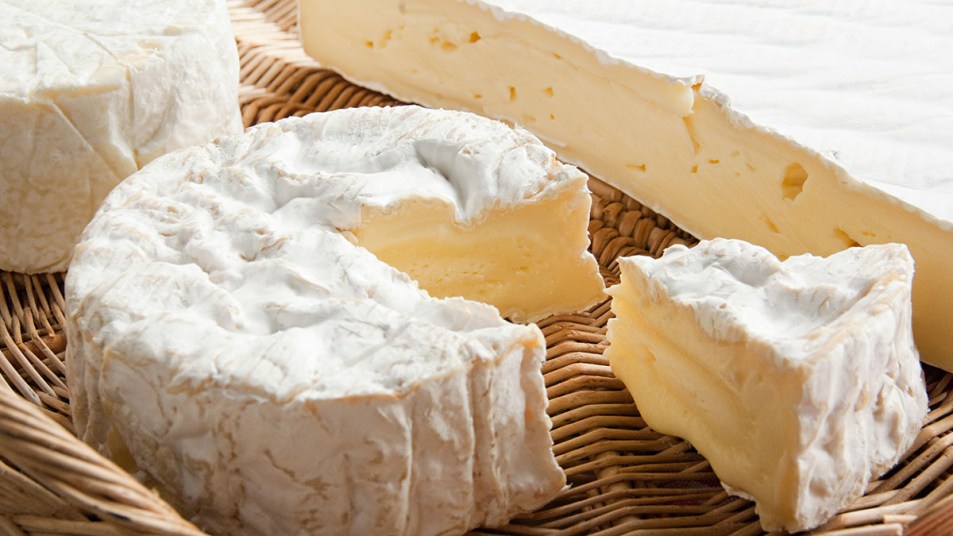Cheese is one of life’s greatest gifts and greatest temptations. For some people, there’s nothing like biting into a soft, creamy cheese to change the day. But according to experts, eating some of these delicious cheeses can become dangerous to our health as we age.
a recent web publication for the Mayo Clinic described the types of cheeses, mostly soft and mold-ripened, that are dangerous for people with weaker immune systems. That means most people over the age of 65 fit the description, but it can be difficult to make such a big change. Dr. Tamika D. Sims, PhD, senior director of food technology communications at the International Food Information Council, explained why it’s important Avoid foods that could cause health problems.
“As we age, our immune systems tend to weaken. This can lead to immune responses to infections, including foodborne illness, that are not as robust as those of younger, healthier adults,” says Dr. Sims. “Infectious organisms not only lurk in spoiled food, but can also be associated with the processing of some cheeses.”
What types of cheeses should people over 65 years of age avoid?
the types of cheeses that are dangerous for older adults, include soft cheeses made from unpasteurized (raw) milk such as feta, brie, camembert, blue-veined and queso fresco, according to Sims.
They are considered “high risk” by the FDA, as they are more likely to cause foodborne illness. Some of them are also mold-ripenedmeaning they were aged moldy, which already includes the dangerous bacteria to avoid.
But there is a way to continue enjoying mold-ripened cheeses. According to the UK’s National Health Services, you can safely consume them if you cook them well.
“Cooking thoroughly should kill any bacteria on the cheese, so it should be safe to eat cooked soft cheese ripened with mold,” its website states. Make sure the cheese is piping hot so it’s safe to eat. Fortunately, this means that a grilled cheese sandwich made with brie, or a pizza with feta, is still on the menu.
Why is the risk increased for those over 65?
Foodborne illnesses can be difficult for people over the age of 65, mainly because our bodies and organs change as we age, according to the FDA. One important change is that our digestive system begins to retain food longer, giving bacteria time to grow. At the same time, the stomach acid needed to fight bacteria generally decreases with age.
Similarly, our kidneys and liver have a harder time getting rid of foreign bacteria and toxins. This, coupled with the fact that our immune systems start to decline between the ages of 50 and 60, means our bodies won’t be able to fight off foodborne illness as effectively as before.
Which cheeses are safer to eat?
All hope is not lost. Most of the cheeses found in your local supermarket are pasteurized. If he’s worried, Sims outlined the types of cheeses that are safe for those over 65.
Hard and semi-soft cheeses (such as Parmesan, Cheddar, Colby, and Swiss), processed cheeses (such as American cheese and spreads), cream cheese, mozzarella, and soft cheeses that are clearly labeled ” made with pasteurized milk” are safer to eat, Sims said. These types are considered lower risk by the FDA.
In a nutshell, Sims recommends that older adults and anyone with a weakened immune system stick to “refrigerated pasteurized cheese and other dairy products.” These are the ones you would normally find in grocery stores. (Cheddar cheese is a good example.) You can always ask them to double check if the cheese you are buying is pasteurized. Just pay close attention in the fancy cheese aisle!
